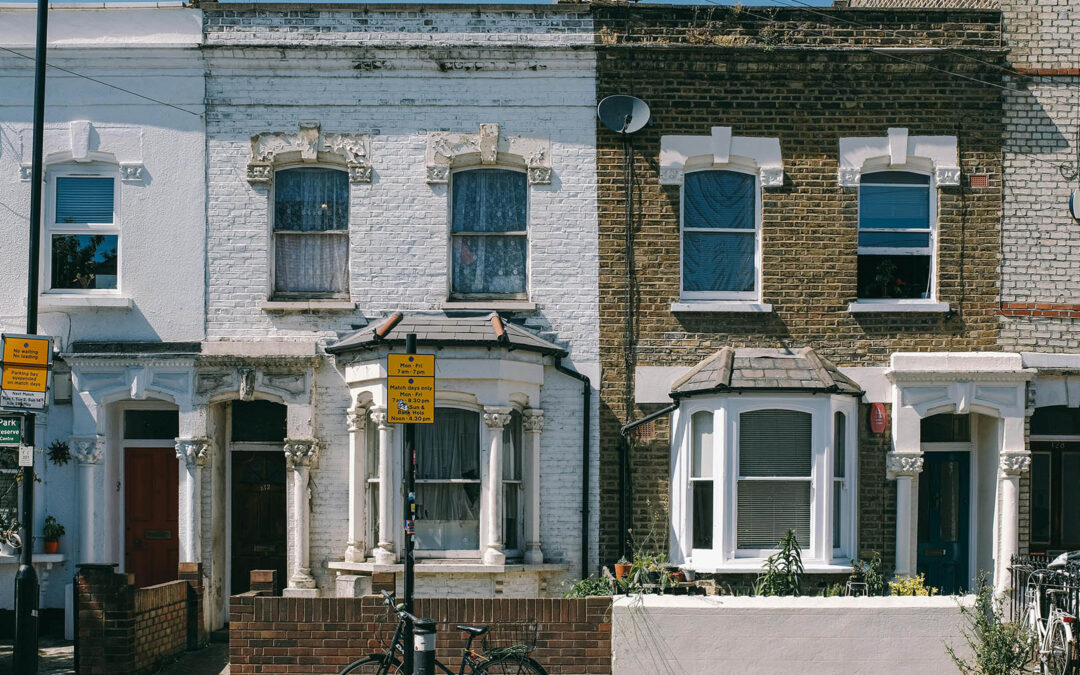The collapse of a property sale can have a far greater effect than just disappointment or irritation – it can cost the parties involved thousands.
OnTheMarket offers the following tips to keep your transaction steady.
The numbers
According to YouGov, a staggering 300,000 transactions collapse each year. Almost a third of sales collapse due to the buyer’s finances not being in order and one in five ends due to a sale elsewhere in the chain breaking down.
Another cause is so-called gazundering. This is where a buyer lowers their offer immediately before the exchange of contracts, forcing the seller to choose between no-sale or less money.
In total, 69 per cent of collapsed sales were due to the buyer pulling out.
The average cost of each collapsed transaction is £2,727 and 12 per cent of victims end up losing more than £5,000, research by the HomeOwners Alliance has shown.
A study for the Thomas Sanderson company involved 2,056 people over the age of 18 who had previously sold at least one property. Of the sellers, it was discovered that 16 per cent had seen the sale of their house fall through because the buyer had pulled out of the deal.
When asked what reason was given around 17 per cent said they did not know. But of the rest of the group, 24% said the buyer couldn’t raise the funds, 19% blamed disagreements over price, 16% said the buyer simply chose to buy a different property, nine per cent said the buyer’s own sale fell through, and eight per cent blamed a problem thrown up by the survey.
Around 14 per cent said they had fallen prey to gazundering and ended up selling their home for less than the amount that was initially agreed. The average difference in price was £8,500. For those whose deals collapsed, the average sum lost as a result of the buyer pulling out was £1,945.
What you can do
Familiarise yourself with the transaction process, particularly in areas with proven pitfalls. OnTheMarket has lots of advice in this area.
Sell before you buy. Research shows that 20 per cent of sales fall through due to a transaction going wrong elsewhere in the chain. If you sell your property before looking to buy another one it puts you in a stronger position when offers are made and will likely raise the chances of your sale going ahead without problems.
Be clear on your finances. Make sure you know what your budget is. Find out from a mortgage broker how much you can borrow and have a mortgage agreement by the time you make an offer. Kirstie Allsopp, presenter of Channel 4’s Location, Location, Location told The Daily Telegraph: ‘Do not, under any circumstances, waste everyone’s time by trying to buy a house when you haven’t got your mortgage agreed. Time and time again, I have seen people fail to recover from the shock of discovering that they have been looking at £350,000 houses, when it turns out that all they can afford is £310,000. It completely throws them.’
As in most things, good preparation is helpful. Find a solicitor as a matter of first importance as the registration process can take time.
Keep the transaction up to speed. The longer a transaction takes to reach the legally-binding stage of exchanging contracts the more chance there is of things going wrong, such as gazumping or gazundering.
Regular phone communication with estate agents and solicitors will ensure that the sale is not going off the boil.
Find a good surveyor.
You may wish to consider a ‘pre-sale’ contract. Some solicitors offer a binding contract that locks buyers and sellers into transactions from the minute an offer is agreed. Buyers get a two week period to ensure they’re satisfied with the property, within which time they can back out of the deal if issues arise.






